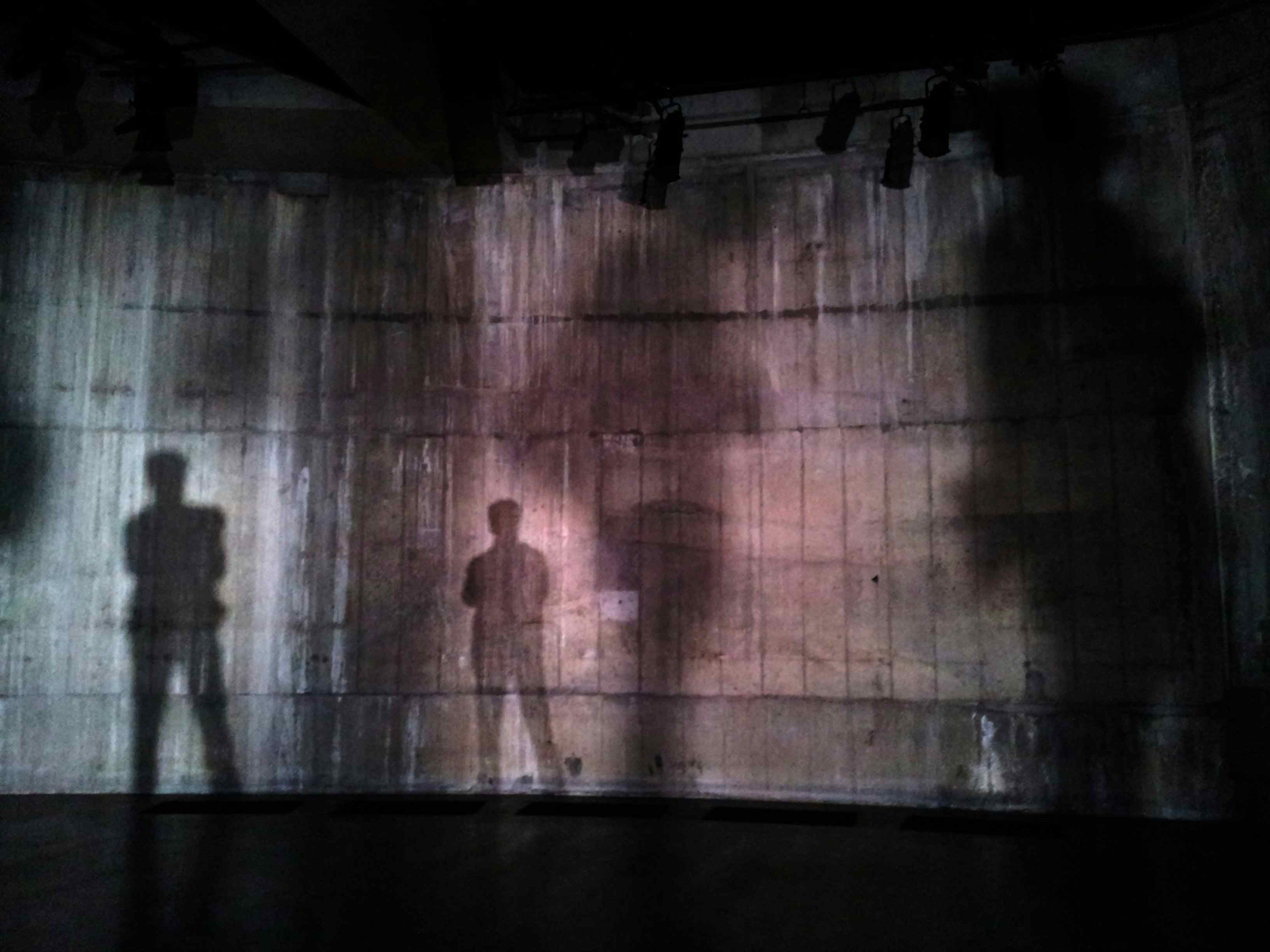The Allegory of the Cave is a philosophical concept introduced by Plato in his work "The Republic". The central theme of the allegory is the pursuit of knowledge and enlightenment, as it emphasises the transformative power of gaining a deeper understanding of reality beyond mere appearances. It presents a thought-provoking scenario where prisoners are chained inside a dark cave, only able to see shadows projected on the wall. They have been confined inside a dark cave since birth, their bodies chained in such a way that they can only see the wall in front of them. Behind them, there is a fire that casts shadows on the wall, which the prisoners perceive as reality. They have never seen the outside world or anything beyond these shadows. One day, one of the prisoners manages to break free from his chains and escapes from the cave. As he steps out into the sunlight, he is initially blinded by the brightness, he feels pain in his eyes but eventually adjusts to his new surroundings. He is amazed by the vibrant colours, the vastness of the sky, and the beauty of nature that he had never known existed. He realises what he was observing was an illusion of reality, rather than reality. This experience leads him to question the reality he had known in the cave and prompts him to return to enlighten his fellow prisoners about the existence of a higher truth beyond their limited perception. The prisoner who had seen the reality goes back inside the cave and explains that reality to other prisoners, but they make fun of him. The other prisoners are extremely reluctant to leave their bondage and to come in sunlight, showing that people prefer to live in a den of ignorance and develop their comfort zone. This allegory serves as a metaphor for the limitations of human thinking and the journey towards enlightenment and understanding, the journey of self-discovery and personal growth. Additionally, the allegory serves as a reminder that knowledge is not simply acquired passively, but rather requires active engagement. Therefore, acknowledging the role of perception allows us to appreciate diverse perspectives and foster the "prisoners'" resistance to leaving the cave and their fear of the unknown. Perception shapes our understanding of reality, influenced by experiences, biases, and cultural background. It allows us to appreciate diverse perspectives. The prisoners' limited exposure to the outside world and reliance on senses make it difficult for them to comprehend and accept new information, reflecting human tendencies to cling to familiarity and resist change. The idea has also been elucidated in Buddhism and Hinduism. The departure from the cave can be likened to leaving Samsara. Advaita Vedanta philosophy by Adi Shankaracharya asserts that the physical world is Maya, an illusion, and that true reality lies beyond the realm of the senses. Both traditions express the importance of ignorance in trapping people in their confined knowledge of reality. Ignorance confines the captives in Plato's Cave to their naive perception of the shadows. likewise, ignorance (avidya) is viewed as the fundamental cause of suffering and bondage in Vedanta philosophy, and liberation (moksha) is gained by knowledge (jnana) and realization of the true self (Atman) and ultimate truth (Brahman). The Bhagavad Gita also explores the idea of the individual being trapped in a cycle of reincarnation and the need to break free from it. By exploring these teachings, individuals are encouraged to question their perceptions and attachments, ultimately leading to a profound transformation in their understanding of reality. The Allegory of the Cave highlights the significance of questioning our perceptions and striving for enlightenment beyond the illusions of reality. To comprehend Plato's allegory, one can also look to films that explore this concept, such as The Matrix, The Truman Show, Room, and Inception. The Matrix is a science fiction movie that explores the idea of reality being an illusion and people being trapped in a virtual world. The Truman Show is a film that examines the concept of an individual existing in a fabricated world and the desire to break away from it. The movie Inception portrays artificially created worlds within dreams. Characters can access highly lifelike and detailed dreams through the use of specific drugs. The distortion of time and intense level of detail can blur the lines between reality and dream. In one scenario, people use these created dreams as a form of imprisonment, keeping subjects trapped in a world they believe to be true to extract information from their subconscious. The movie 'Room,' adapted from a novel, bears a resemblance to Plato's allegory. The protagonist, Jack Newsome, was born and raised in captivity and does not know the world outside of his room. His mother, Joy, tries to escape and introduces him to the reality beyond the walls. At first, Jack is hesitant to accept this new information, much like the prisoners in Plato's allegory. The story of their escape from the room becomes a metaphor for growth and learning. The allegory is still significant in today's society because it reminds us of the danger of unquestioningly accepting information and emphasizes the importance of individuals questioning their environment. AI is making it worse -- the advancement of AI has resulted in a situation where it is difficult to distinguish between what is real and what is not. AI is creating a digital utopian world. It is unrealistic, but it can be difficult for the average person to distinguish between reality and AI-created utopian digital world. One parallel between the allegory and contemporary society can be seen in the way people often resist questioning their beliefs or challenging their preconceived notions. Similar to the prisoners in the cave, people nowadays may find themselves limited within their information bubbles, only exposed to ideas that align with their existing worldview (known as confirmation bias in psychology). This resistance to exploring alternative perspectives can hinder personal growth and societal progress, perpetuating divisions and hindering collective understanding. Their limited exposure to the outside world and reliance on their senses within the "cave" have shaped their perception of reality, making it difficult for them to comprehend or accept anything beyond what they have seen or known Moreover, the allegory can also sheds light on how technology can affect our perception of reality and the possibility of living in a "cave-lik" existence within our echo chambers. With the growing use of social media algorithms and personalized content, technology has worsened this situation by creating virtual caves where people are constantly exposed to information that reinforces their existing beliefs. This not only restricts exposure to different perspectives but also strengthens confirmation bias, making it harder to distinguish between what is true and what is false. It is essential for people to regularly challenge the norms and critically think about societal standards to avoid being trapped in echo chambers created by social media algorithms. By questioning the status quo and analyzing information critically, individuals can develop a more comprehensive outlook and encourage meaningful discussions that promote empathy and cooperation. Plato's philosophy remains relevant in today's era, wherein the prevalence of fake news and misinformation is rampant. It serves as a reminder of the risks of accepting information blindly and the importance of questioning our surroundings. The allegory of the cave can be seen as a representation of our journey toward self-discovery and personal growth. It emphasizes the significance of challenging societal norms and seeking truth, even if it leads to discomfort and resistance. This interpretation is relevant to human existence as it motivates us to continuously question our beliefs and broaden our perspectives to attain genuine enlightenment and fulfillment in life.







